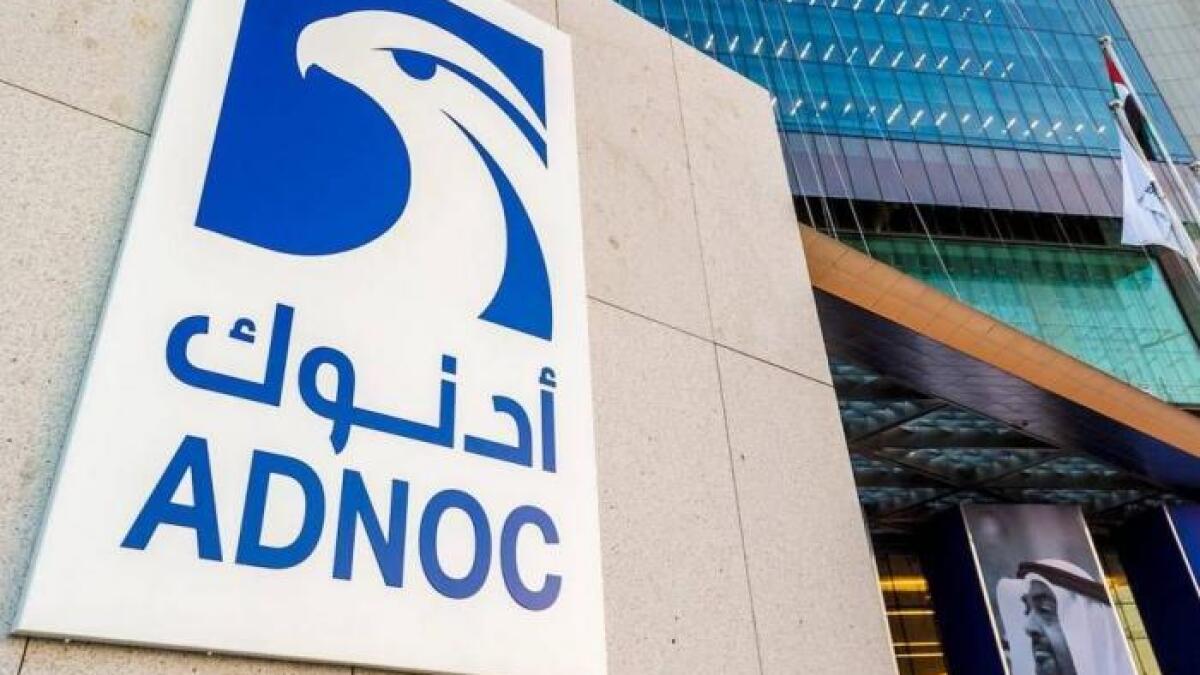Adnoc, Petronas, and Storegga have joined forces to sign a Joint Study and Development Agreement (JSDA) aiming to assess the carbon dioxide (CO2) storage capabilities of saline aquifers in the Penyu basin, offshore Peninsular Malaysia. The agreement sets the target of achieving at least 5 million tonnes per annum (mtpa) of CO2 capture and storage capacity by 2030. The scope of the agreement includes various studies and research to enhance storage capacity, including the use of advanced technologies like artificial intelligence (AI).
Petronas, as a member of Malaysia’s National Energy Transition Roadmap (NETR) Committee, views CCS as an essential lever for the country to transition towards sustainability and low-carbon resilience. The Malaysian government is set to introduce a standalone CCUS bill by the end of 2024. This partnership aims to establish Malaysia as a regional CCS hub in the Asia Pacific region through the development of saline aquifers for CO2 storage sites, contributing to the country’s national climate targets.
The agreement with Adnoc and Storegga aligns with Petronas’ goal to establish Malaysia as a hub for CCS in the region. It demonstrates the company’s commitment to developing and de-risking saline aquifers for carbon dioxide storage sites by leveraging the expertise of its partners. The partnership aims to build up storage capacity through saline aquifers and contribute to the national climate target while supporting the establishment of CCS hubs in the region.
Collaboration between Malaysia and the UAE in various sectors, including economy, tourism, innovation, and infrastructure, is a focus point for both countries. Through the signing of the JSDA, Petronas strengthens its relationship with Adnoc and supports the Malaysia-UAE Joint Committee for Cooperation (JCC). The partnership with Storegga, a leading player in the CCS field, is crucial for advancing CCS initiatives in Malaysia and globally.
Adnoc’s commitment to carbon capture technology is aligned with its goal to achieve Net Zero by 2045. With a target of 10 mtpa of carbon capture capacity by 2030, Adnoc aims to work with global partners like Petronas and Storegga to develop and utilize carbon management hubs. This initiative will contribute to reducing emissions and supporting decarbonization goals for customers while accelerating the deployment of CCS in the region.
The JSDA’s activities are set to commence later this year, focusing on developing large-scale, permanent CO2 storage solutions in Malaysia’s deep saline aquifer reservoirs. The success of this initiative will pave the way for a regional CCS hub that can cater to both domestic and international emitters. The partnership between Adnoc, Petronas, and Storegga represents a significant step towards industrial decarbonization and tackling climate change on a global scale.










